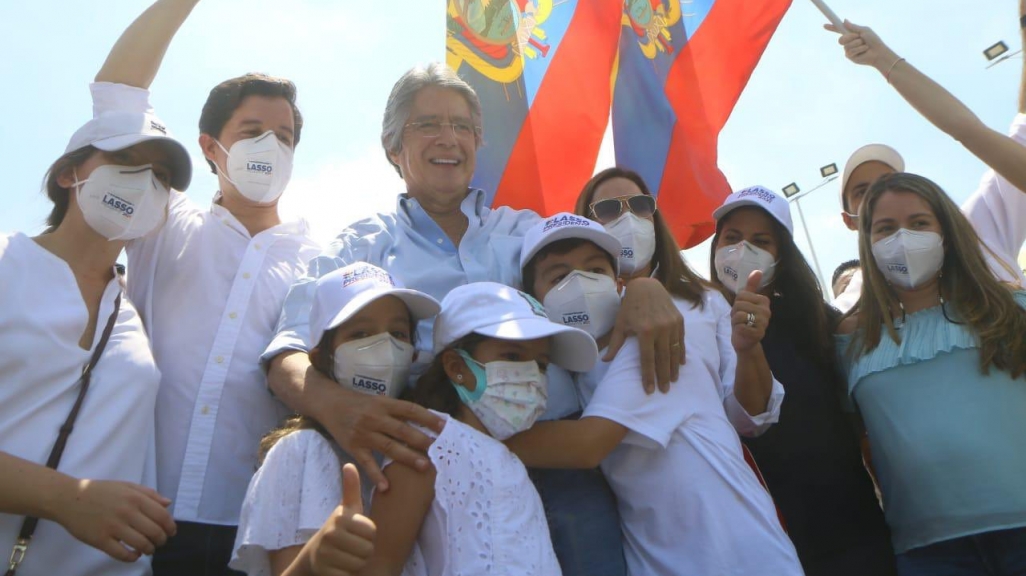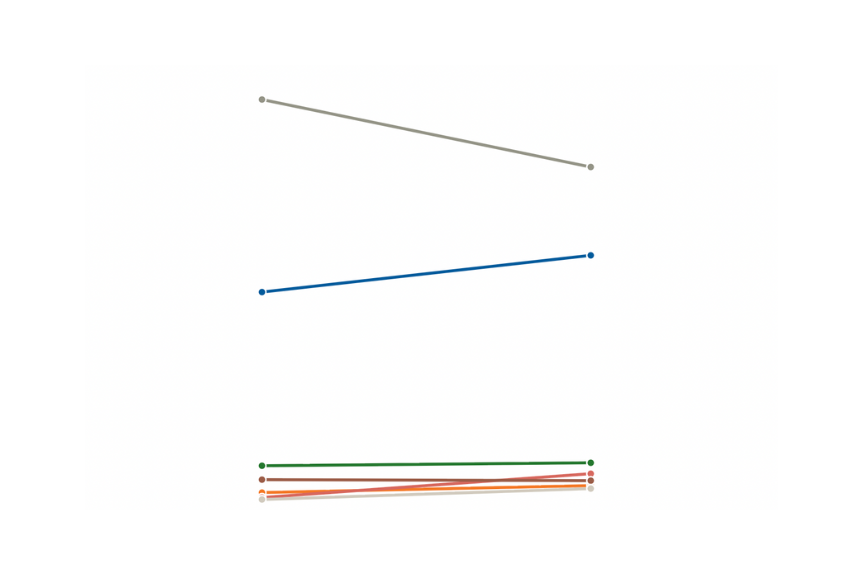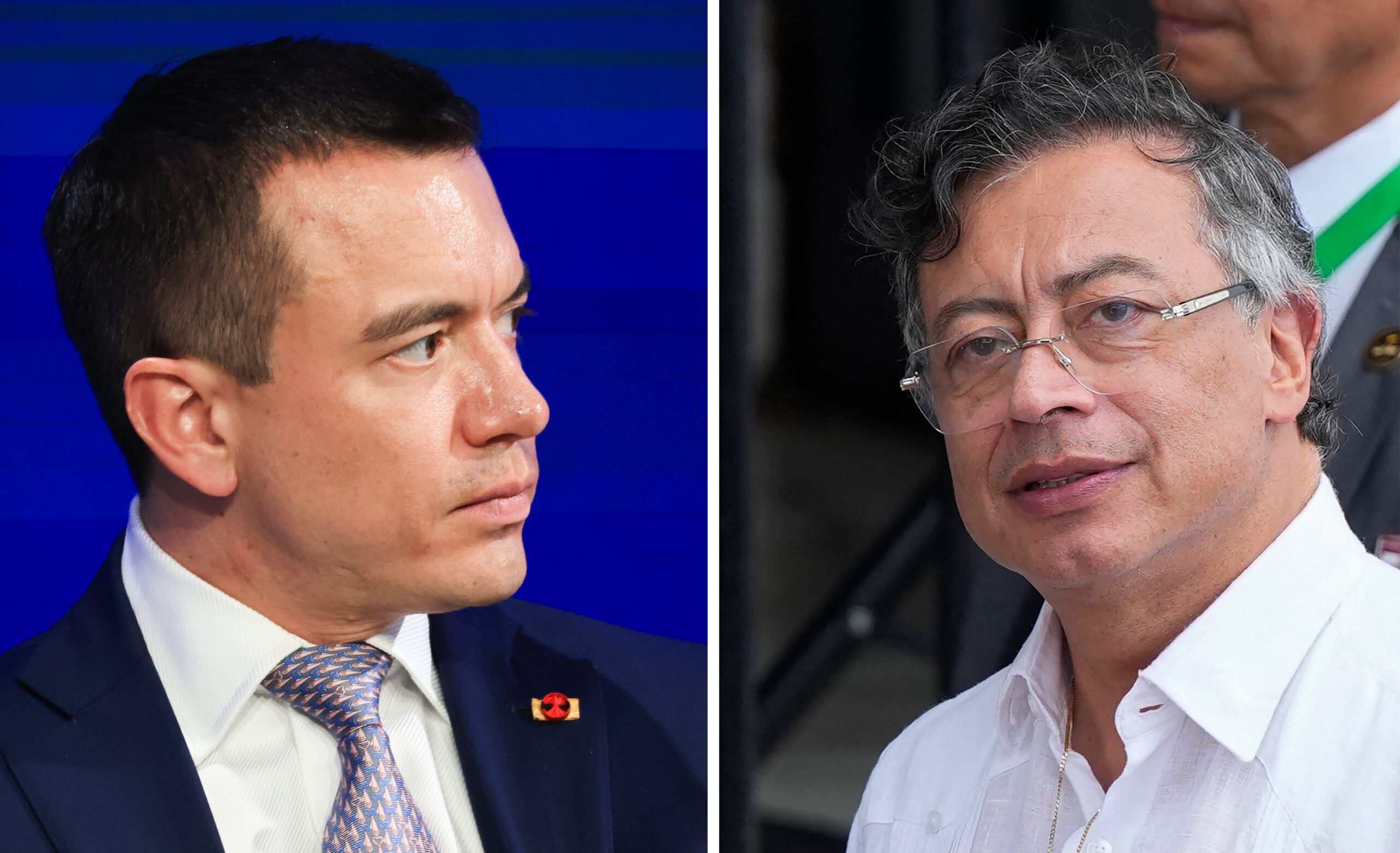Third Time's a Charm for Ecuador's Guillermo Lasso
Third Time's a Charm for Ecuador's Guillermo Lasso
The president-elect has pitched a business-friendly economic vision but will have to work with a divided legislature.
It took a month to confirm the outcome of the first round of Ecuador's presidential election, but in the April 11 runoff, the winner was settled the same day. Guillermo Lasso, a 65-year-old banker from Guayaquil, will be Ecuador's president for the next five years. His opponent, Andrés Arauz, conceded Sunday night, saying that the results were “not an end but a beginning” for his movement.
With 99.1 percent of votes counted, Lasso garnered 52.5 percent to Arauz's 47.5 percent. Unlike in the February first round where there were allegations of fraud, the results of the second round were not challenged, although the National Electoral Council has yet to officially finalize the count as of the time of this report.
In 2021, ten countries in Latin America hold elections—five of them presidential contests—while reeling from the pandemic's devastating impact.










